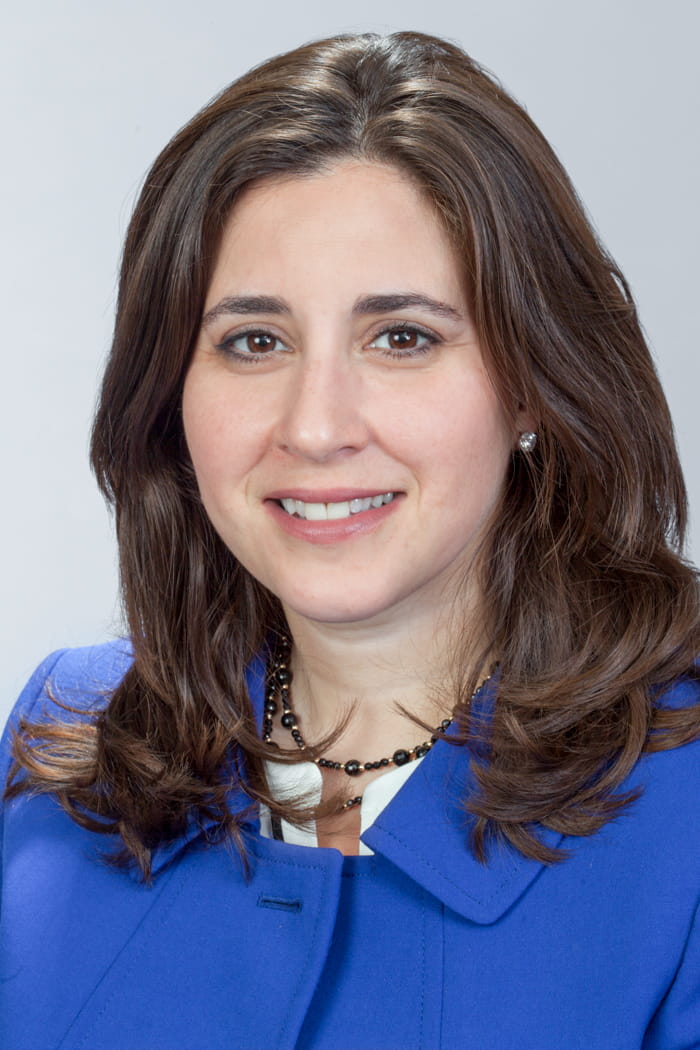
New recommendations from the United States Preventative Services Task Force (USPSTF) encourage women to begin screening for breast cancer starting at age 40. This marks a significant shift from the USPSTF’s previous recommendation, which encouraged most women to start breast cancer screening at age 50.
Rochester Regional Health welcomes the breast cancer screening recommendations set by the USPSTF, which are now in lockstep with the American College of Radiology, American Cancer Society, and American Society of Breast Surgeons – which have guided Rochester Regional Health’s breast cancer screening policies for many years.
The USPSTF last updated its mammography guidance in 2016, stating women ages 50 to 74 should be screened every other year, with women ages 40 to 49 being recommended for screening by their providers “based on factors such as individual risk and personal preferences and values.”
According to the USPSTF, the decision to lower the age for biennial breast cancer screenings is based on “new and more inclusive science about breast cancer in people younger than 50.” The panel determined the updated guidance has more potential benefits than potential harms.
The panel also agreed that the current evidence is insufficient to assess the balance of benefits and harms of screening mammography in women aged 75 years or older.
“Women with a family history of breast cancer should discuss with their primary care physician when to begin screening mammograms, even before age 40, depending on their risk factors,” said Lori Medeiros, MD, Executive Director of the Rochester Regional Health Breast Center.
As part of the updated recommendation, the USPSTF urges researchers to look further into the health disparities across screening and treatment experienced by Black, Hispanic, Latina, Asian, Pacific Islander, Native American, and Alaska Native women.
Black women are 40 percent more likely to die from breast cancer than white women, according to data from the National Cancer Institute.
Ensuring providers include patients of color in conversations about how they can be better supported in screenings and follow-up appointments is important in creating more equity in breast cancer treatment.
More than 280,000 women were newly diagnosed with breast cancer in 2022, and over 43,000 women were estimated to die from it. The increased number of women undergoing screenings will help to save lives.
Schedule a Mammogram in MyCare Call (585) 922-9729 to Schedule
